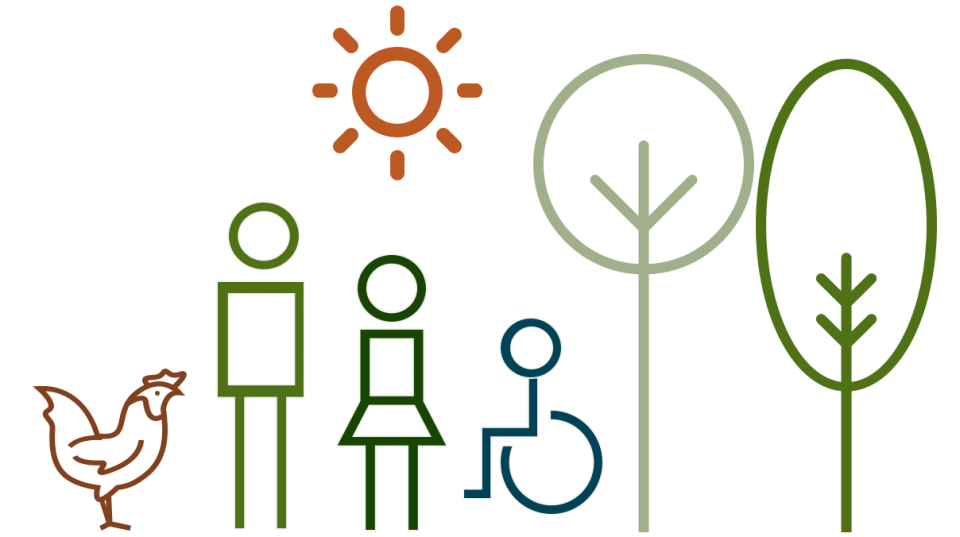Overview
This project aimed to improve adoption of proven technologies and management systems by smallholder farmers.
Most rural households in Laos rely on subsistence rice farming and small-scale livestock production for their livelihoods. Rice production often fails to meet annual consumption requirements, exposing many smallholder farmers to food shortages, hunger and poverty.
To build economic security and resilience, smallholder farmers need opportunities to generate their own income, supported by reliable access to markets and social and financial services.
ACIAR rice-based systems research activities have focused on increasing farm productivity by introducing technologies and management innovations designed to reduce labour, improve cost efficiency and diversify production.
Cash crops and extension systems have also been introduced, and agricultural policies for rice-based farming systems developed. Yet smallholder farmers are not taking full advantage of the opportunities, and adoption rates are disappointingly low.
This project aims to Identify the drivers and constraints affecting smallholder decision-making with respect to adoption of proven technologies; and develop solution strategies/methods to improve use of proven innovations by farmers.
Project outcomes
- Farmers to develop new capacities resulting from the use of the new technologies.
- Stronger capacity among Lao PDR partners on methodologies and project design.
- Greater capacity among agricultural researchers, extension agencies and some NGOs on the knowledge and skills related to understanding and implementing the adoption strategies identified in the project.
- Increased farmer incomes due to increased farming production and through a greater understanding of potential benefits, an improved ability to exploit new opportunities, with multiplier effects across communities and districts.
- Numerous environmental benefits, including: less land degradation; higher yields; increased productivity; better farm management techniques; improved water management; enhanced sustainability; reduction in shifting cultivation; and better natural resource management.




